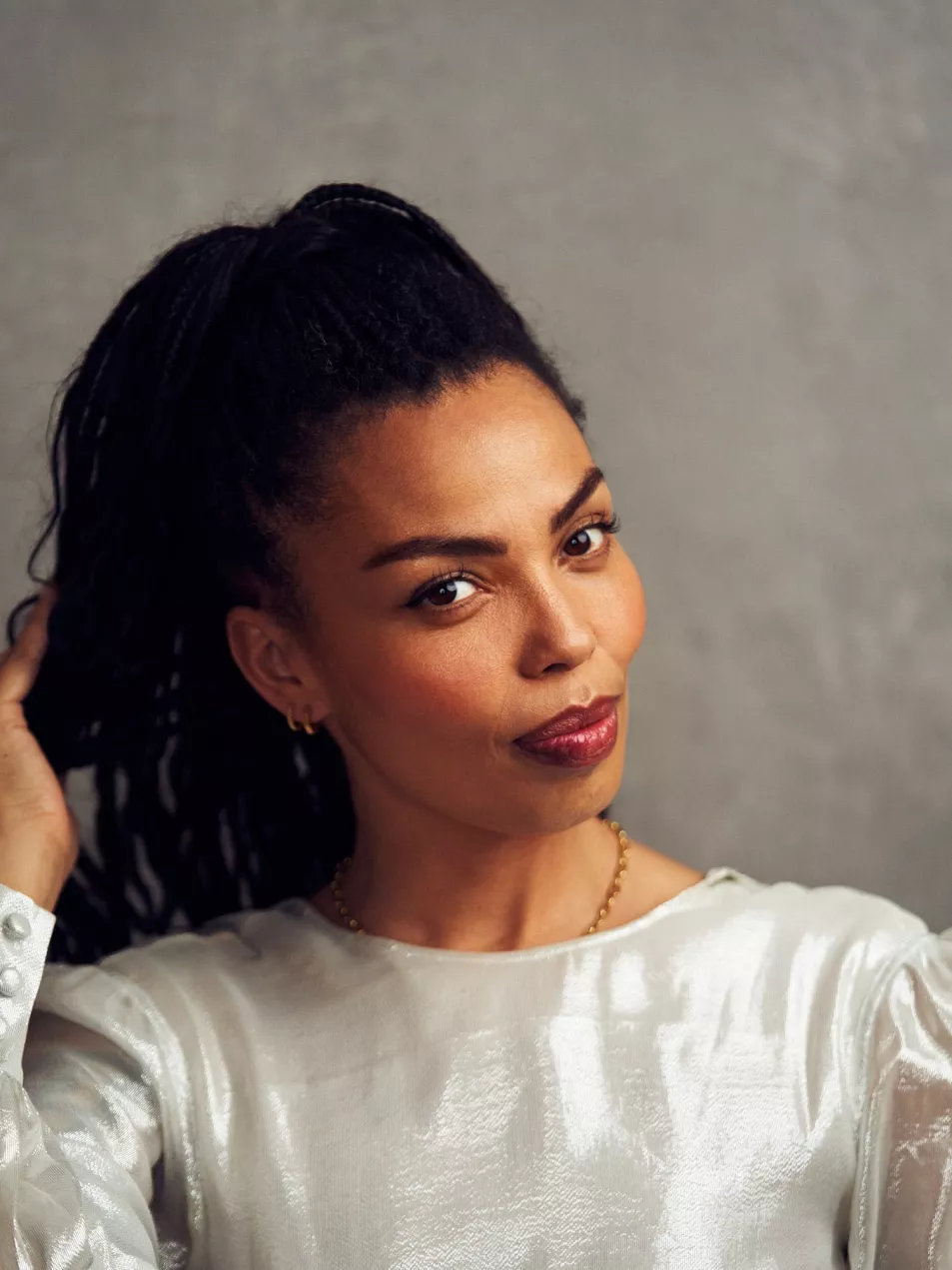Writer Emma Dabiri felt like “an alien” growing up as a black person in Ireland.
The Irish-Nigerian author and academic grew up in Dublin, and said her experiences shaped how she viewed her own body.
“In the Eighties and Nineties, most Irish people hadn’t ever seen a non-white person before,” she told the PA news agency.
“It’s that extreme. So it was a very homogenous society – any form of difference, like having an accent from another country, a surname that wasn’t Irish, anything that was different, would provoke a lot of interest.
“In that context, to be of African descent, to look the way that I do – I honestly felt like an alien.”
Dabiri – who spent over a decade as a teaching fellow in the African department at SOAS University of London and has written books including What White People Can Do Next and Don’t Touch My Hair – recounted people making her feel like “an object under scrutiny”.

She continued: “Ireland has changed so much since the late Nineties – particularly so much in the last 10 years. But the country I grew up in was a very, very different one – so I was extremely self-conscious.”
Many of the things Dabiri said she was bullied about growing up are now part of established Western beauty norms.
“I have a body shape that’s different to most white Irish people – I have quite a big bum, I have thighs. I didn’t even really know that was because I was of African descent. I was just like, what’s wrong with me? Why does my body look like this?”
The fact these attributes are now seen as desirable confirmed to Dabiri that “the very arbitrary nature of beauty standards”.
She said: “It gave me a sense of the fragility of beauty as being the thing that women’s value is assessed on, because it’s so contingent, it’s so ephemeral, it’s such a shallow foundation.”
These ideas are explored in her latest book, Disobedient Bodies: Reclaim Your Unruly Beauty. The name came from an Instagram account she set up in 2020, when she started considering the pressures in society for women to look a certain way – particularly when it comes to weight.
“I had my second child and my body looked a way it had never looked before – and I realised to change it, to get it back to what it once looked like, would actually require a lot of discipline,” Kent-based Dabiri remembered.
“I was just like, ‘Oh my God, I can’t be f*****’. I actually don’t have the energy or the capacity for this.”
This got her thinking about the “politics of disobedience”, and she started posting images of her postpartum body on the Instagram account.
To really explore this idea of disobedient bodies, Dabiri said she tries to “do things that make me feel uncomfortable”.
She said: “For instance, when I first stopped straightening my hair and cut my hair really short, I really didn’t want to do that. People change their hair for all sorts of reasons, but mine was inherently political – I felt like there was a serious disconnect between my politics and the presentation of my hair and the processes I was going through.
“So I cut it all off and had short Afro hair, and I felt really, really uncomfortable with that initially. It took me about a year to adapt to the way I looked. But then I got to a point of so much more comfort and confidence in my appearance than I’d ever had before.”
Dabiri said she went from hating her hair to “really loving it” – and she’s also gone through similar journeys in other areas.
“When I started really thinking about the politics of so many things I did in terms of my appearance, I started to try to unpack why I did them. Did I do them because I wanted to do them, or because I was uncritically reproducing what I’d been conditioned to do and believe to be true?
“So I stopped shaving every part of my body, and then through the process of doing that, I was able to work out which parts of my body I actually didn’t want to shave and which parts I’ve felt more comfortable doing.”
Dabiri said the late singer Sinead O’Connor is “definitely” an example of a ‘disobedient body’.
“She had such an ethereal beauty, and what could have been a very conventional beauty,” Dabiri explained.
“That’s supposed to be the thing that everyone is aspiring to, and she very openly rejected it” – by shaving her head and dressing in a way that wasn’t considered traditionally feminine.
“But in that rejection, made herself, if anything, more beautiful. And I feel like that really confused and enraged people” – particularly combined with her outspoken views on social and political issues, Dabiri suggested.
“She inspired me because she was so outspoken about racism against black people – and that was really not something you heard Irish people talking about in those days.
“I remember trying to contest experiences that I was having and being met with so much defensiveness and so much aggression. I feel like for her to use all of these really high profile moments to talk about these instances of racism and injustice, was so groundbreaking.”
Disobedient Bodies: Reclaim Your Unruly Beauty by Emma Dabiri is published by Profile Books X Wellcome Collection. The Cult Of Beauty, a major accompanying exhibition at the Wellcome Collection, is open from October 26th, 2023 – April 28th, 2024.







